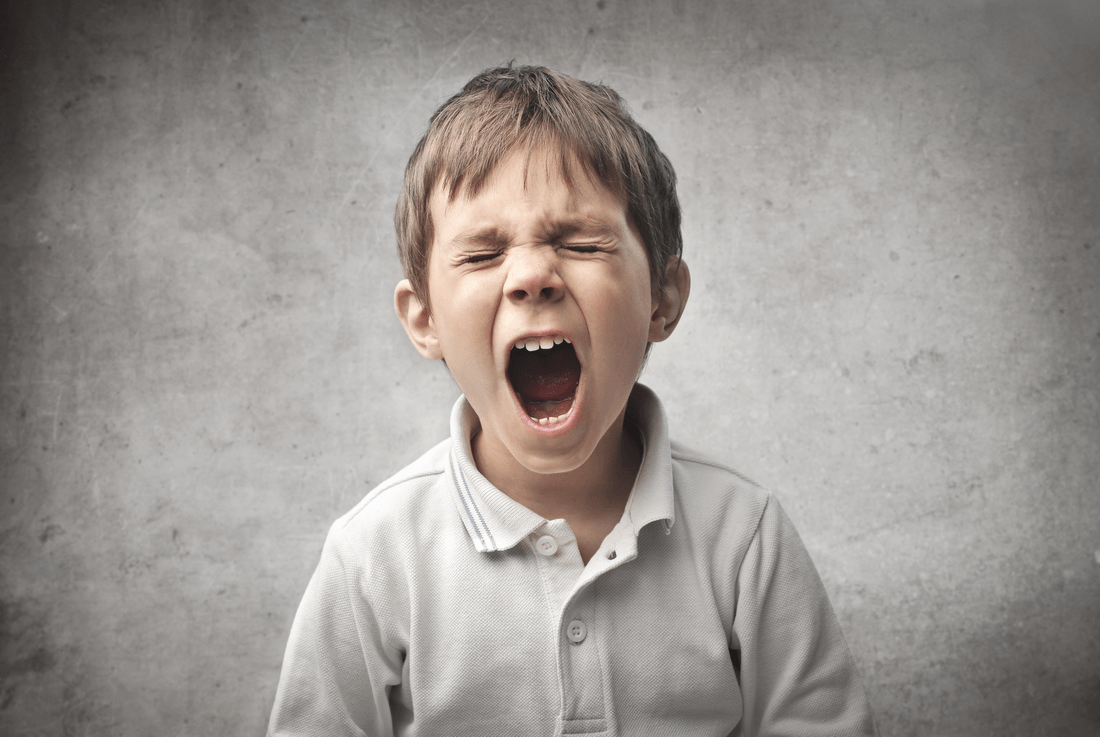When your child gets angry
Children and adults lose their tempers occasionally. Small children tend to either yell, scream, throw something or even want to hit something or someone. Everyone gets angry; but children have to learn from a young age what not to do when they are angry. It is okay to get angry, just as long as the anger gets released in appropriate ways. It is important for parents to find ways not to feed negatively into their child’s emotional outbursts.
Co-owner and founder of EQ4Kids, Antoinette Steyn, gave the following tips for parents on how to handle anger according to the child’s age:
Tips for parents (3-year-olds):
Start teaching your child to remove him/herself from the situation and to recognise what it is that sparks their anger. Practice regular relaxation techniques (deep breathing) with your child after they felt angry.
Tips for parents (4-year-olds):
Increase your child’s emotional awareness. The more a child is encouraged to express difficult feelings, the less emotions will build up and lead to an overflow in anger.
Improve your child’s emotional literacy by talking to them about anger and other feelings regularly.
Frequently refer to your own and other people’s feelings and explain them to your child. Reflect on your child’s emotional situations and question your child’s feelings. Whenever your child makes insulting comments or strong statements, make them aware of the feelings they might have that can make them say such things. If your child says something like “my brother is stupid”, point out to your child that you think they might just be upset because their brother interrupted the time you were spending together.
Tips for parents (5-year-olds):
Always accept your child’s feelings and redirect your child’s anger. Never dismiss your child’s difficult feelings by saying things like “calm down, it is not such a big deal
” or “you are a big boy now you can’t cry about that
”. It can cause your child to be misunderstood and only add frustration to the emotion they might be experiencing. Accept what your child is feeling, name the feeling and direct your child towards an appropriate outlet for the emotion. For example:
- Identify your child’s feelings: “Wow Susan, that really made you upset”
- Show understanding: “You don’t like it when your brother plays with your toys without asking”
- Encourage appropriate expression of feelings: “Will you try and show me how you are feeling” – draw a picture, tore a piece of paper etc. or just use words to explain it.
- “What would be a better way to solve this problem”? Help your child come up with a solution.
Remember that when kids live in an environment where anger is dealt with in a healthy way, they generally learn to deal with their anger constructively.
Tips for parents (6-year-olds):
Only actions must be limited, but all feelings must be allowed.
It is true that children need your love most when they “deserve it least”: Instead of making use of “time out” and making your child sit alone with all the big scary feelings, try to rather make use of “time in” - during this time you must stay with your child and help your child to move through his feelings.
Children tend to gradually show more self-control when parents make use of this method because they will feel less helpless and alone.
Above all always remember that our children copy our behaviour. They will do what they see you do. The best way you can teach them how to manage and control anger is to learn how to deal with your own anger in a calm and efficient way.
Dealing with anger is just one of the many topics we present in our EQ4Kids classes. Your child will benefit greatly if he/she can become part the EQ4Kids Development Programme. For more information complete the following enquiry form or contact us
.
Share Post
Complete the following form if you require more info about EQ4kids or want to enroll your child at your nearest Franchise.
Blog Enquiry










